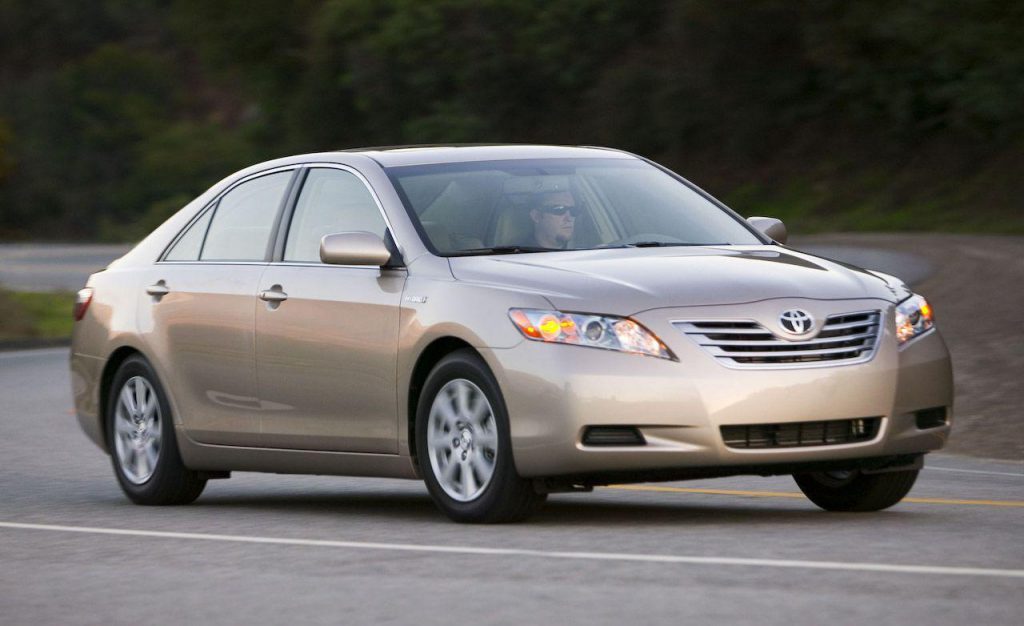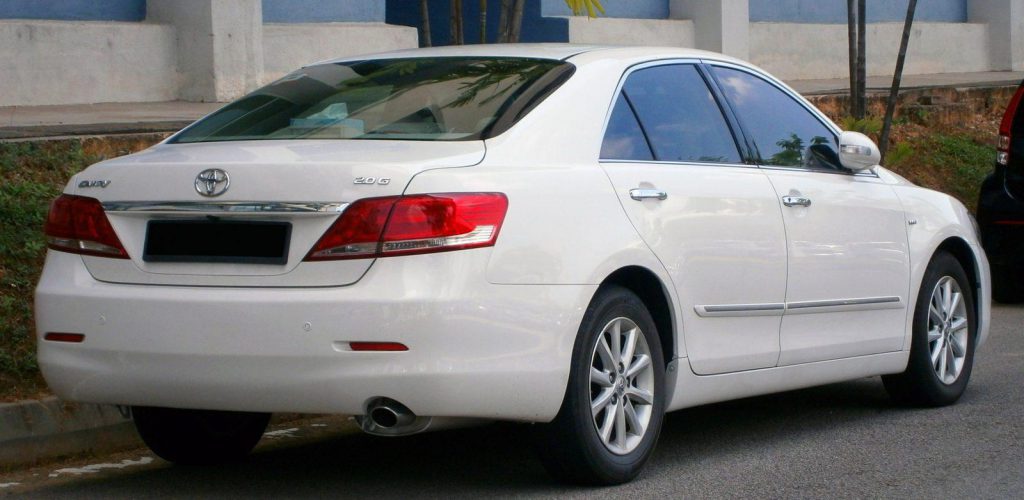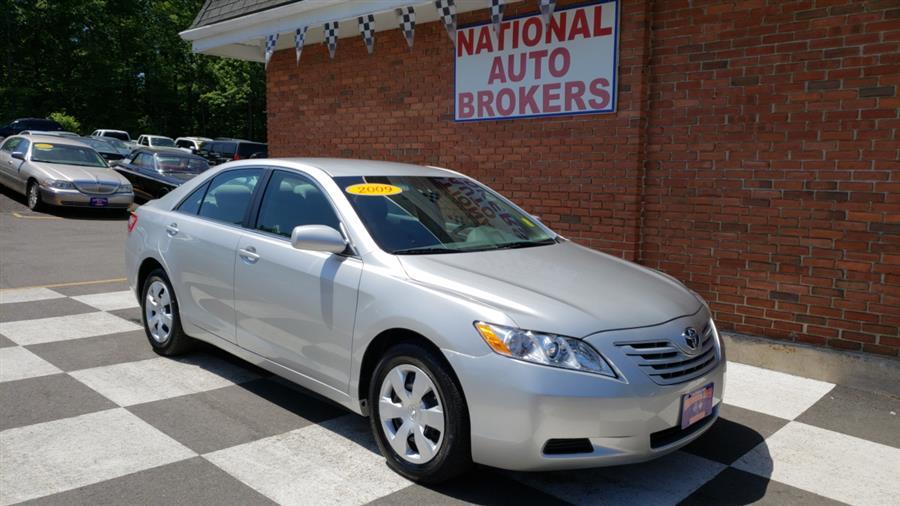The 2009 Toyota Camry might not be the car that brings excitement to driving. But, it offers safety and reliability that most drivers would rather choose. It has a roomy cabin, comfortable seating, modern features, a smooth ride, and reliable performance. Compared to its rivals Hyundai Sonata and Ford Fusion, it doesn’t feel very interesting but it is great for safe driving. However, you should know the 2009 Toyota Camry problems if you are thinking of buying one. They are not any major issues but it is better to know what you are going to deal with.
Contents
2009 Toyota Camry Problems: Are They Deal-Breaker?
If you are looking for a Toyota Camry for sale, be sure that it is a good car. The five-speed manual is the standard in either the four-cylinder or V6 engine version. The automatic model has a five- and six-speed transmission.
The standard features include leather seats, sport-tuned suspension, cruise control, power windows, anti-lock brakes, and more. The entertainment options include a six-speaker stereo and Bluetooth system.

See more:
- Reset Your Toyota’s Maintenance Light after an Oil Change
- How to Solve the Problem of Your Car’s Sudden Acceleration
The mileage is not bad for a mid-size car:
- 4-cylinder, 5-speed transmission (both manual and automatic) – 21/31 mpg city/highway and 25 mpg combined.
- V6, six-speed automatic – 19/28 mpg city/highway and 23 mpg combined.
- 4-cylinder, hybrid (automatic) – 33/34 mpg city/highway and 34 mpg combined.
When it comes to the Toyota Camry, safety is a priority for Toyota, and the 2009 Camry comes equipped with a range of safety features, including anti-lock brakes, stability control, front-seat side airbags, and full-length curtain airbags. It received good crash test ratings from the Insurance Institute for Highway Safety (IIHS) and the National Highway Traffic Safety Administration (NHTSA).
Next, learn about these 2009 Toyota Camry problems before making a purchase decision, but read more maintenance tips to understand them better:
1. Hesitation on acceleration
The models equipped with an automatic transmission including the hybrid version experience this issue.
Updating the car’s on-board computer with a revised software version may solve it. If you’ve bought a used car, a worn-out transmission component can also cause similar trouble.
2. Leaks in power steering
The V6 models particularly experience this issue. The power steering may develop leaks in the pump or hose.
The pumps create hydraulic pressure and send the power steering fluid through the hydraulic system. The hoses do the job of transferring it to the steering gear. Their combined effort makes it easier for the wheel to turn. Another hose is designated to return the used fluid to where it came from so that the pumps can pressurize it again.
If there is a leak, either in the pumps or the hoses, a puddle of fluid will be on the ground under the car. A low level of fluid can create some troubles like difficult steering at low speeds and a screeching sound at the time of turning the wheel.
The pump replacement may cost something between $350 to $750 while a hose replacement will take $500 to $800. The prices can vary depending on your location and labor costs.

3. Check engine light
A failed oxygen sensor is the most probable cause of turning the check engine light on in the Camry. When it happens the engine control module (ECM) cannot calculate the correct ratio of the air-fuel mixture for the engine. Replacing the sensor is the solution and the cost will be around $500 or more.
4. Steering wheel problem
It is one of the common errors on older Camry cars, particularly in 2009, reported by many car owners. When this error happens, the driver needs to use a lot of force to be able to steer the wheel as desired.
This problem greatly affects the safety of using the vehicle. For example, when you are driving in bad road conditions, unexpected situations occur that force you to steer but the steering wheel is too heavy for you to handle in time.
Therefore, if your Camry has this error, you should take your car to a reputable repair garage for inspection and treatment.
5. Brake problems
Some owners have reported premature wear of the brake pads and rotors. Additionally, there have been complaints of a spongy or soft brake pedal feel, which could be caused by air in the brake lines or a faulty master cylinder.
6. Dashboard cracks
A cosmetic issue that some owners have encountered is cracks developing on the dashboard. This seems to be more prevalent in warmer climates and can be attributed to the material used in the dashboard construction.
Watch more:
In Conclusion
These are the most common 2009 Toyota Camry problems. Also, the hybrid version has some issues of its own like smoke from exhaust, overheating, rough running conditions, and excessive oil consumption.



